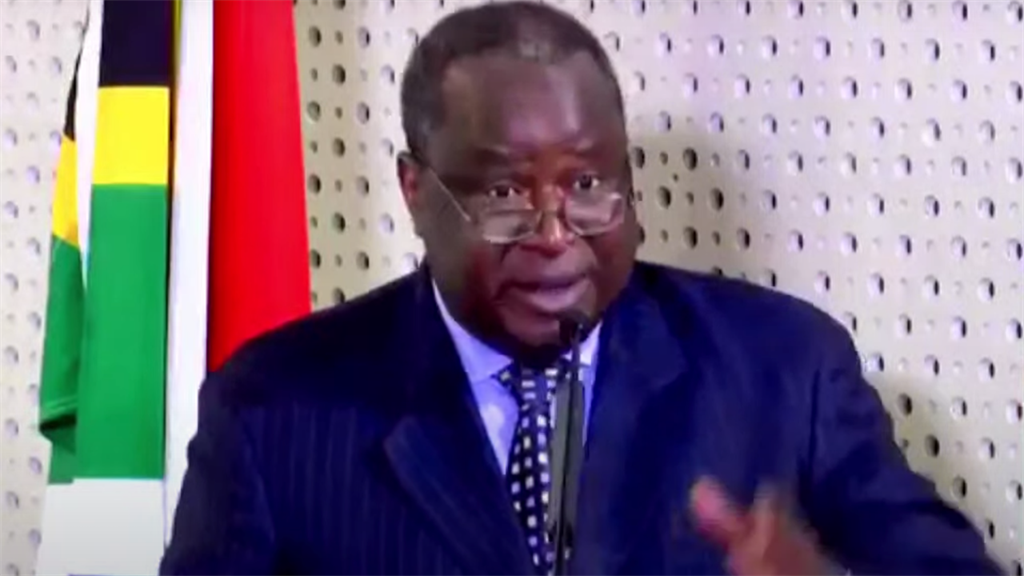
- Minister of Finance Tito Mboweni said government would propose a 1.8% increase in the public service wage bill for 2020-21.
- In-year adjustments to the 2020 budget show a R36.5 billion reduction from compensation of employees after government did not accede to a wage deal.
- The next round of wage negotiations is expected start soon and that work was underway.
Minister of Finance Tito Mboweni announced in his medium-term budget policy statement that government would propose a 1.8% increase in the public service wage bill for the 2020-21 financial year and slightly lower growth in the remaining years of the medium-term.
Mboweni tabled the medium-term budget policy statement in Parliament on Wednesday. It was the first medium-term budget policy statement since the advent of the pandemic and the first since President Cyril Ramaphosa tabled his Economic Reconstruction and Recovery Plan two weeks ago.
The public service wage bill for the 2019-20 financial year stood at R567 billion, according to the 2020 medium term budget policy statement.
While the proposal to increase the public service wage bill is at odds with Mboweni's announcement in his February Budget Speech that the wage bill would be put on ice, it is in beat with Ramaphosa's economic recovery plan, which seeks to leverage the public service to create jobs.
"Government proposes growth in the public-service wage bill of 1.8 per cent in the current year and average annual growth of 0.8 per cent over the 2021 MTEF period," the medium-term budget policy statement said.
Mboweni's national budget tabled in February, in which the minister is looking to contain spending on public service wage bill to realise savings of R160.2 billion over three years.
Unions opposed this, clinging to a 2018 public service wage agreement hiking public service wages by CPI plus 1% for general workers and CPI plus 0.5% for workers at a director level from 1 April.
"The Minister of the Public Service and Administration and the leadership of the public service unions are meeting to discuss how best we adapt to the reality that we must do more with less, and that we are all in this together," Mboweni said.
The medium-term budget policy statement was quick to point out, though, that government did not implement the third year of the 2018 wage agreement.
"The budget guidelines propose a wage freeze for the next three years to support fiscal consolidation. Additional options will be explored to include harmonising allowances and benefits available to public servants, reconsidering pay progression rules and reviewing occupation specific dispensation," the medium-term budget policy statement said.
In the in-year adjustments to the 2020 budget, the medium-term budget policy statement announced a R36.5 billion reduction from compensation of employees, mainly through freezing salary increases, after government failed to honour the multi-year wage agreement.
The statement said the next round of wage negotiations would start soon and that work was underway to formulate government’s position on any possible proposals affecting the next cycle.
The medium-term budget policy statement said the headcount in the public service increased by 16% from 1.15 million in the 2006-07 financial year to 1.33 million in the 2019-20 financial year.
The average public service remuneration has more than tripled from R136 000 to R415 000 over the same period.